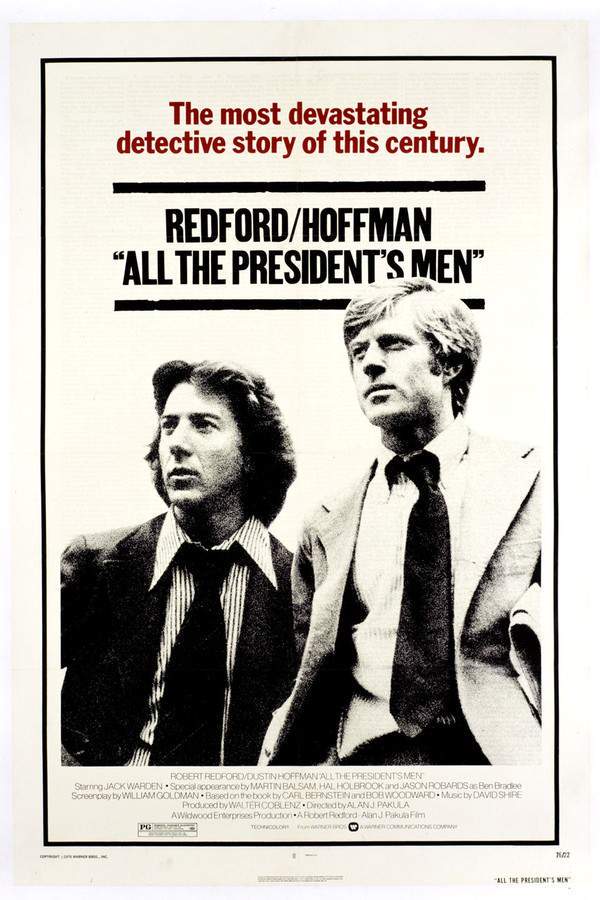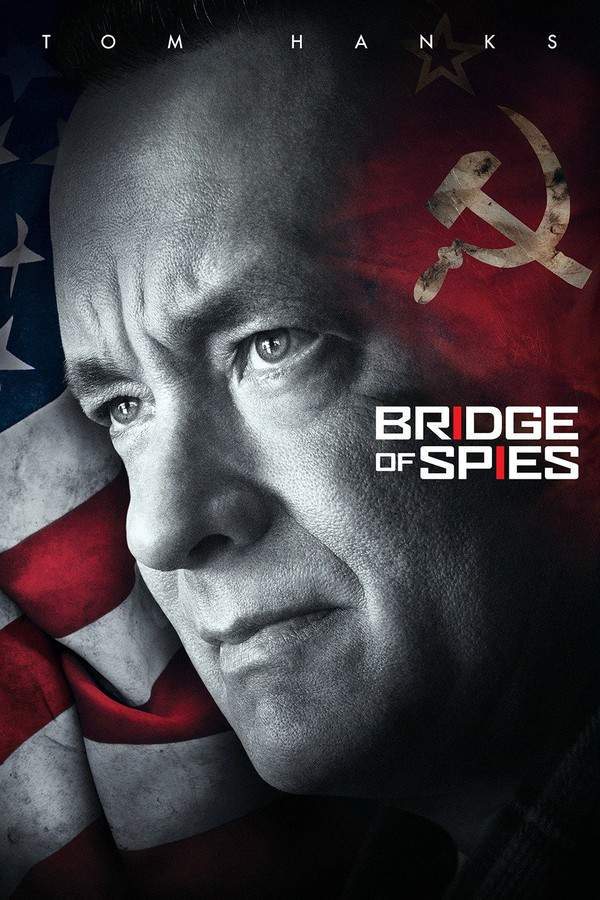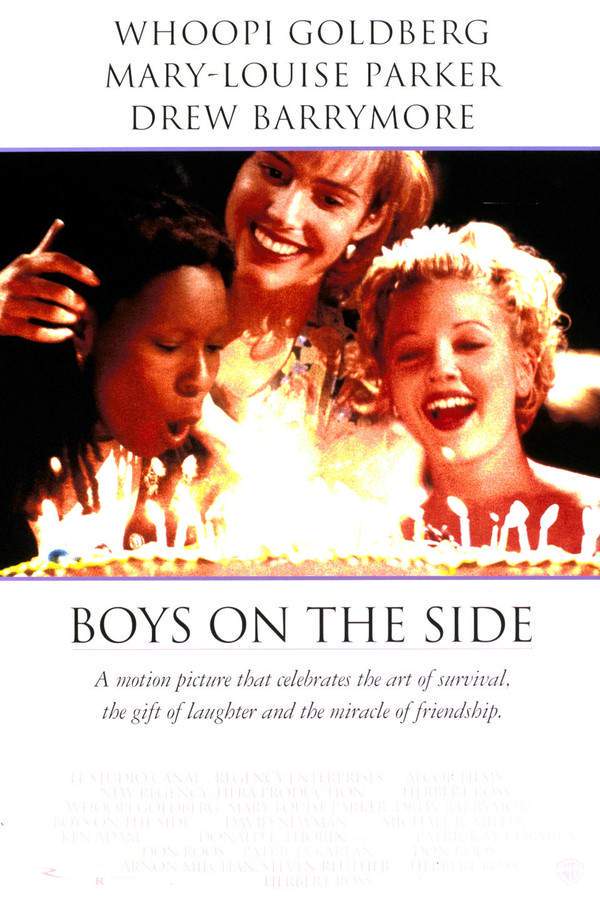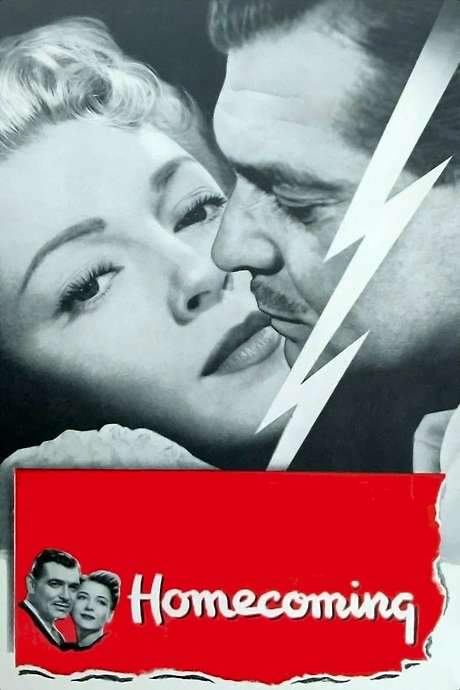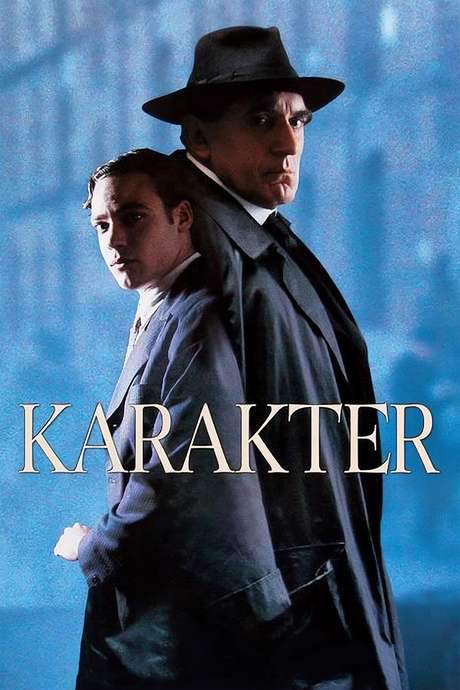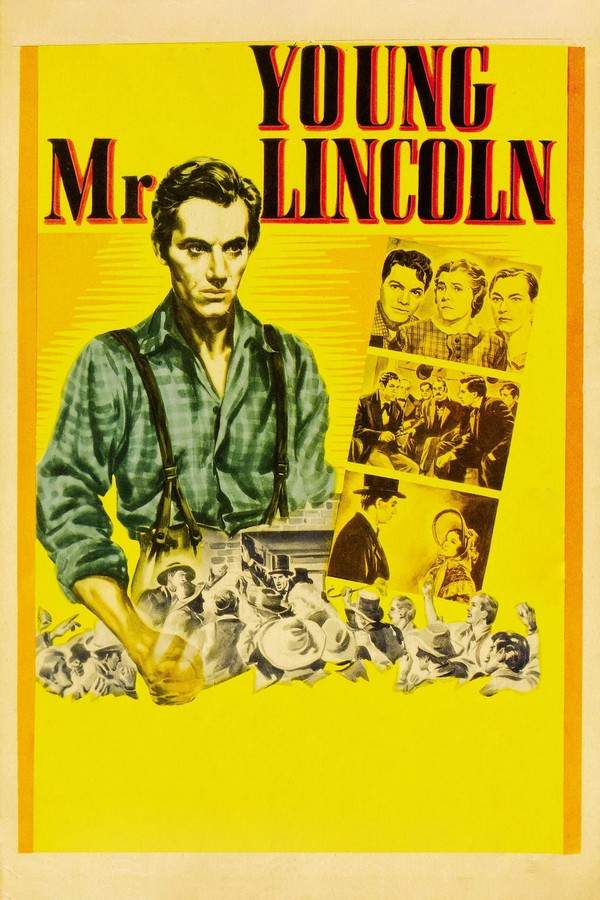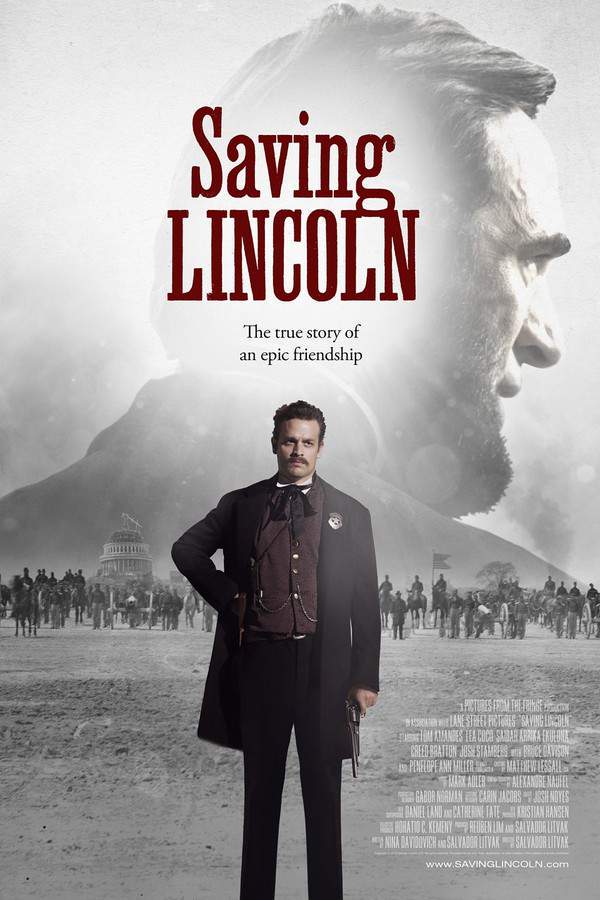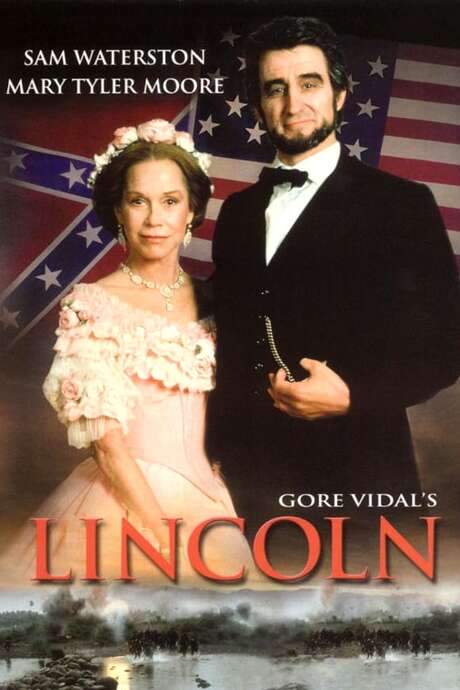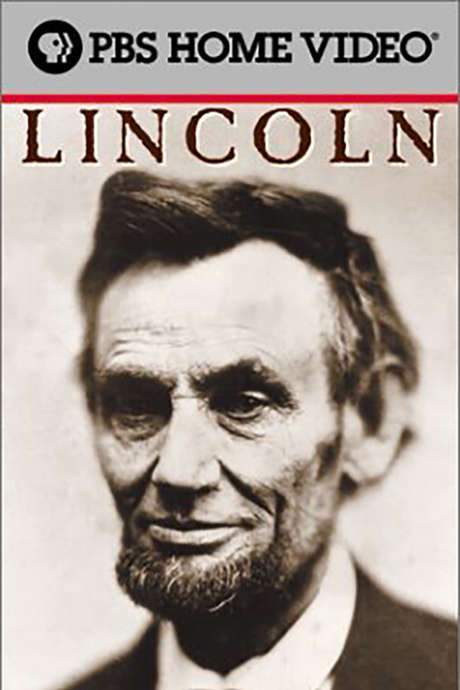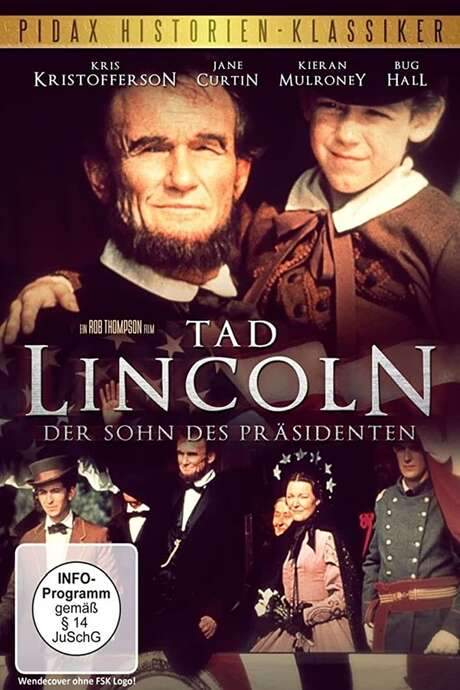
Lincoln
Year: 2012
Runtime: 150 min
Language: English
Director: Steven Spielberg
Budget: $65M
During the final months of the Civil War, President Abraham Lincoln faces immense challenges as he strives to preserve the Union and abolish slavery. He skillfully maneuvers through political opposition while pushing for the passage of the 13th Amendment, which would permanently outlaw slavery in the United States. Lincoln's unwavering commitment to his ideals and his remarkable leadership skills define a critical period in American history, leaving an enduring impact on the nation's future.
Warning: spoilers below!
Haven’t seen Lincoln yet? This summary contains major spoilers. Bookmark the page, watch the movie, and come back for the full breakdown. If you're ready, scroll on and relive the story!
Timeline – Lincoln (2012)
Trace every key event in Lincoln (2012) with our detailed, chronological timeline. Perfect for unpacking nonlinear stories, spotting hidden connections, and understanding how each scene builds toward the film’s climax. Whether you're revisiting or decoding for the first time, this timeline gives you the full picture.
Last Updated: November 16, 2024 at 14:09
Explore Movie Threads
Discover curated groups of movies connected by mood, themes, and story style. Browse collections built around emotion, atmosphere, and narrative focus to easily find films that match what you feel like watching right now.
Intense Political Thrillers like Lincoln
High-stakes political dramas where words and deals are the ultimate weapons.Discover movies like Lincoln that capture the high-stakes tension of political strategy. If you enjoyed the procedural drama and moral weight of passing the 13th Amendment, you'll find similar stories of leadership, negotiation, and historical consequence in these films.
Narrative Summary
The narrative typically follows a central figure or group working against a ticking clock to achieve a landmark political or legislative goal. The conflict is driven by opposing factions, public opinion, and the immense pressure of leadership, with success often measured in procedural victories rather than physical battles.
Why These Movies?
These films are grouped by their shared focus on political process as the primary source of drama. They feature a steady, dialogue-driven pace, a consistently tense tone, and a heavy emotional weight derived from the monumental consequences of the decisions being made.
Bittersweet Historical Dramas like Lincoln
Profound historical dramas where great triumphs are shadowed by personal cost.Explore bittersweet historical dramas like Lincoln, where monumental victories are intertwined with personal tragedy. If the film's mix of landmark success and profound loss resonated with you, these movies deliver similar emotional journeys set against pivotal moments in history.
Narrative Summary
Stories in this thread follow a central historical figure or event where a significant moral or societal victory is achieved, but the conclusion is tempered by a major personal loss, tragedy, or sobering reality. The narrative arc celebrates progress while acknowledging its painful cost, creating a deeply reflective and nuanced ending.
Why These Movies?
These movies share a specific emotional structure: a heavy, historically significant plot leading to a bittersweet or somber conclusion. They blend a sense of hope and accomplishment with melancholy, often featuring a steady pace and a tone that is both grave and hopeful.
Unlock the Full Story of Lincoln
Don't stop at just watching — explore Lincoln in full detail. From the complete plot summary and scene-by-scene timeline to character breakdowns, thematic analysis, and a deep dive into the ending — every page helps you truly understand what Lincoln is all about. Plus, discover what's next after the movie.
Lincoln Summary
Read a complete plot summary of Lincoln, including all key story points, character arcs, and turning points. This in-depth recap is ideal for understanding the narrative structure or reviewing what happened in the movie.

Characters, Settings & Themes in Lincoln
Discover the characters, locations, and core themes that shape Lincoln. Get insights into symbolic elements, setting significance, and deeper narrative meaning — ideal for thematic analysis and movie breakdowns.

Lincoln Spoiler-Free Summary
Get a quick, spoiler-free overview of Lincoln that covers the main plot points and key details without revealing any major twists or spoilers. Perfect for those who want to know what to expect before diving in.

More About Lincoln
Visit What's After the Movie to explore more about Lincoln: box office results, cast and crew info, production details, post-credit scenes, and external links — all in one place for movie fans and researchers.

Similar Movies to Lincoln
Discover movies like Lincoln that share similar genres, themes, and storytelling elements. Whether you’re drawn to the atmosphere, character arcs, or plot structure, these curated recommendations will help you explore more films you’ll love.
Explore More About Movie Lincoln
Lincoln (2012) Plot Summary & Movie Recap
Lincoln (2012) Scene-by-Scene Movie Timeline
Lincoln (2012) Spoiler-Free Summary & Key Flow
Movies Like Lincoln – Similar Titles You’ll Enjoy
Abraham Lincoln: Vampire Hunter (2012) Movie Recap & Themes
Young Mr. Lincoln (1939) Plot Summary & Ending Explained
The Better Angels (2014) Movie Recap & Themes
Saving Lincoln (2013) Full Movie Breakdown
Lincoln (1000) Film Overview & Timeline
Lincoln: Divided We Stand (1000) Ending Explained & Film Insights
Lincoln’s Dilemma (1000) Plot Summary & Ending Explained
Abraham Lincoln (1000) Detailed Story Recap
Abraham Lincoln (1930) Detailed Story Recap
Abe Lincoln in Illinois (1940) Movie Recap & Themes
Lincoln (1992) Movie Recap & Themes
Lincoln in the White House (1939) Detailed Story Recap
The Day Lincoln Was Shot (1998) Full Movie Breakdown
Tad (1995) Ending Explained & Film Insights
The Lincoln Conspiracy (1977) Ending Explained & Film Insights

